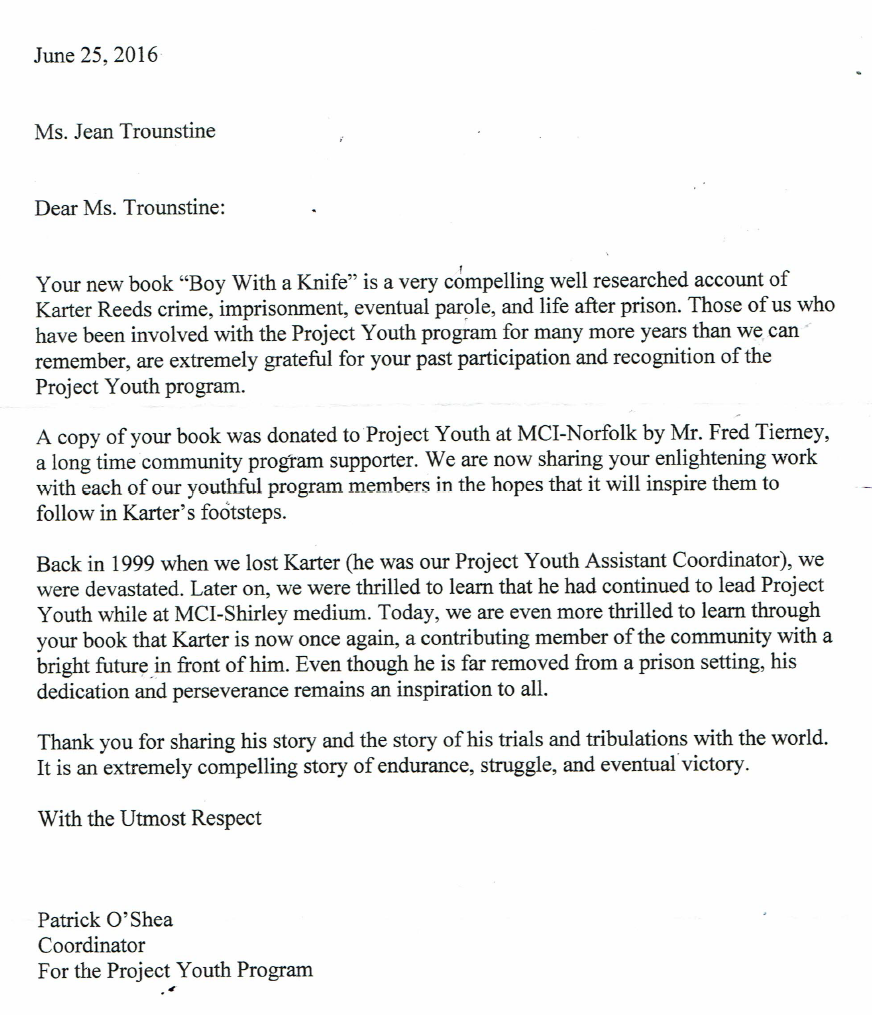The Amendments for the JJ Bill are problematic. In particular #1, #5 and #11. Take ONE MORE STEP: PLEASE call your senators and ask them to Vote YES on S.2417 and NO on amendments #1, #5, #11 (as most harmful). Explanations are below
Amendments #1 and #11, filed by Senators Brownsberger and Tarr, would do away completely with the expungement provisions of this bill.
Amendment #5, filed by Senator Tarr, would strike out reforms to exclude very young children (7 to 10 year olds) from juvenile jurisdiction
Please call again today and ask your Senator to REJECT these three amendments:
Find Your State Senator here.
Call the State House Switchboard at 617-722-2000 and ask to be connected to your State Senator’s office.
Sample script:
My name is __________. I am a constituent of the Senator and I live in__________. The Senate will debate S.2417, an omnibus Juvenile Justice bill and I ask that s/he vote YES on this bill. I also ask that the Senator reject three harmful amendments to this bill:
Amendments #1 and #11 will deny reasonable efforts to allow young people move on beyond their past transgressions. These amendments would prevent the expungement of juvenile records, even if the case was dismissed, or was years or decades old.
Amendment #5 would keep very young, elementary school age children subject to delinquency proceedings. These Processing very young children is a waste of court’s limited resources, as they will highly unlikely be found competent to stand trial.
Thank you!
EXPLANATION
Amendment 1 – Removal of certain sections (Brownsberger)
OPPOSED
Strikes out the entire section on expungement
Strikes out the entire section on youth status and DOC/HOC young adult programming
Strikes out language prohibiting the prosecution of child victims of sex trafficking
Removes the intra-family victim exception to parent-child privilege
Amendment 2 – Prohibiting Juvenile Solitary Confinement (Chang-Diaz and Eldridge)
SUPPORT
Bans solitary confinement for prisoners under age 18 (but only in prisons and jails)
Amendment 3 – decriminalizing non-violent and verbal student behavior (Jehlen)
SUPPORT
Disturbing public assembly and disorderly conduct offenses for students
Amendment 4 – further defining the role of school resource officers (Jehlen)
SUPPORT
School Resource officer MOU bill
Amendment 5 – Jurisdiction (Tarr)
OPPOSE
Strikes out language that would exclude very young children (7-10) from delinquency proceedings
Amendment 6 – Youth Mitigating Factor (Tarr)
OPPOSE
Strikes out youth status language for juveniles, but keeps language authorizing DOC/HOC to provide programming for young adults
Amendment 7 – Habitual Offender (Tarr)
OPPOSE
Three strikes language for adults
Amendment 8 – Finding of Delinquency on second and subsequent (Tarr)
OPPOSE
Specifies that offenses that are only a fine for the first offense will have a delinquency finding for the second or subsequent offense
Amendment 9 – Addition of a district attorney to the juvenile justice data taskforce (Lovely)
NEUTRAL
Amendment 10 – Court discretion (Lovely)
OPPOSE
Changes expungement for misdemeanor from automatic to discretionary
Amendment 11 – Expungement (Moore)
OPPOSE
Strikes out expungement
Amendment 12 – Task Force Members (Moore)
NEUTRAL
Adds the president of the Massachusetts District Attorney’s Association; the president of the Massachusetts Chiefs of Police to data collection task force
Amendment 13 – Corrective Amendment
SUPPORT
Clarifies that “restraints” not the “child” shall be removed from the court
Clarifies that youth status and adult sentencing is only for juveniles subject to adult sentences not for delinquency cases
Clarifies right to counsel with better grammar
Adds MDAA and Mass Police Chiefs to data collection task force



